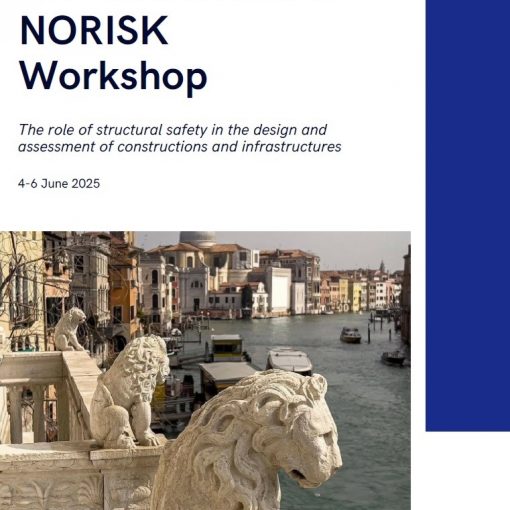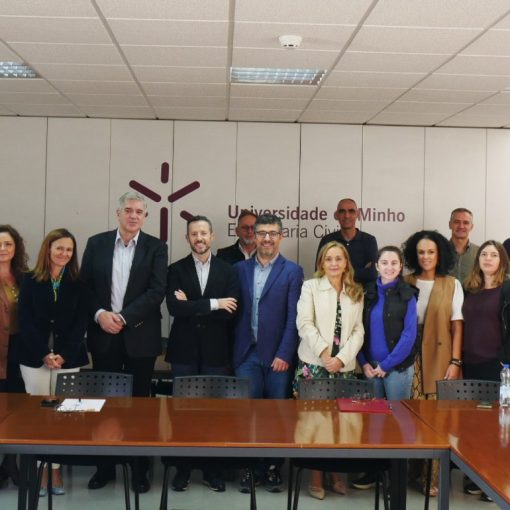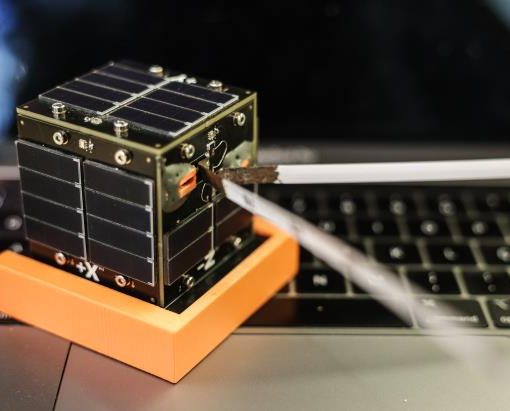“Engines of the New Economy – Net Zero, Creativity and Collaborative Innovation” was the theme of Economy Month in Guimarães, with a monthly agenda promoted by Guimarães City Council, full of initiatives, many of which involved members of the School of Engineering.
For this edition of Economy Month, a programme was organised that aimed to address the different areas of economic investment, also focusing on Academia, given its close relationship with companies in the region, namely in the area of space economy and health, such as the ‘Guimarães Space Hub’, a project resulting from a protocol signed between the Municipality of Guimarães, the University of Minho and CEiiA, which will give a substantial boost to aerospace research and economy in Portugal, or the Collaboration Protocol for the Development of Health, Health Technologies, Clinical and Translational Research, signed between this municipality, various institutions and companies in the region, which aims to establish an integrated structure between institutions of recognised value in the academic, health and scientific research fields, through a new collaborative community in this field that is an interface between the business and R&D fabric of this geographical area or anywhere in the world.
With this in mind, and with a view to delving deeper into issues related to the strategic areas that this municipality has adopted for the development of its ecosystem, and given its importance in the region’s economic panorama, the President of the School of Engineering, Professor Pedro Arezes, was invited to moderate the session ‘Collaborative Innovation as a Driver of Development: The Economy of Space and Health’, which took place at the Teatro Jordão and brought together various experts such as Pedro Cunha, Chairman of the Board of ULS Alto Ave, José Rui Felizardo, Executive Chairman of CEiiA – Centre for Engineering and Product Development, and Helena Pereira, Researcher at the University of Minho.
SOURCE: CMG




